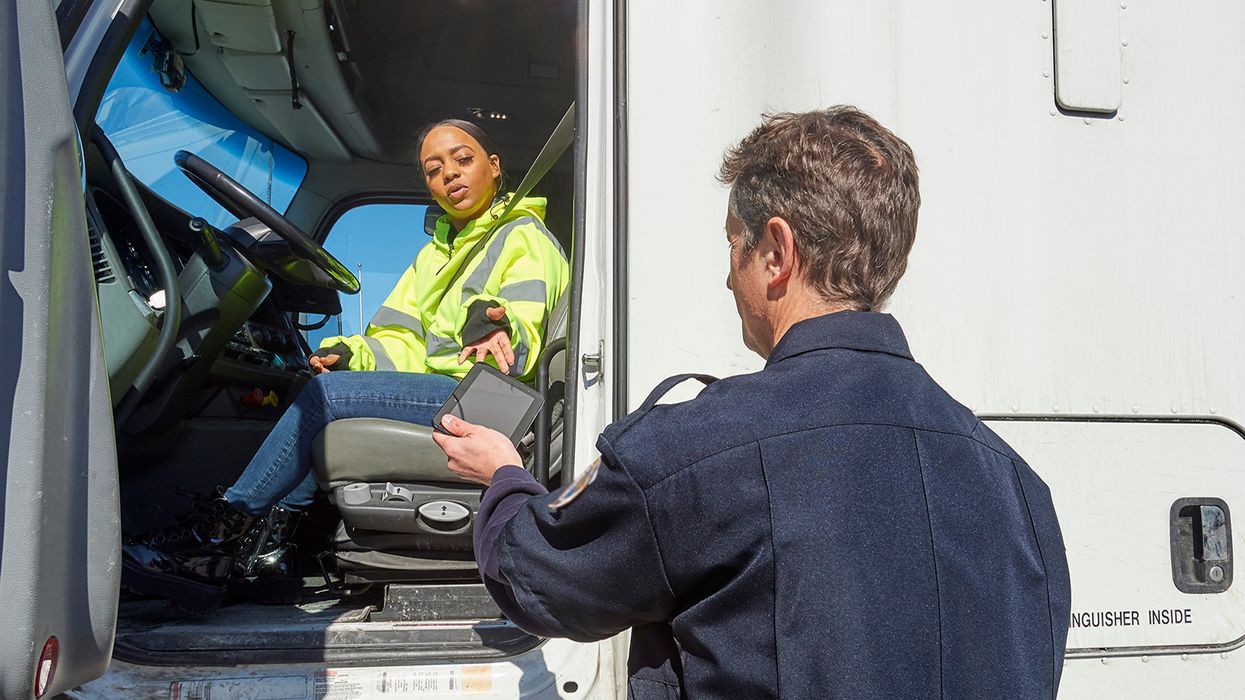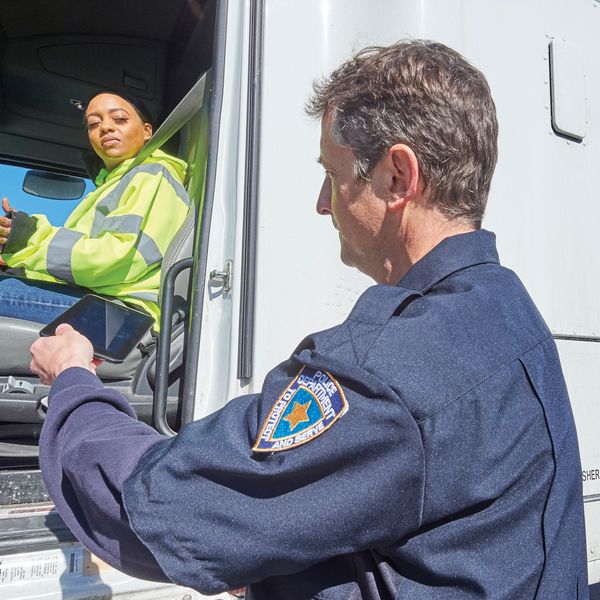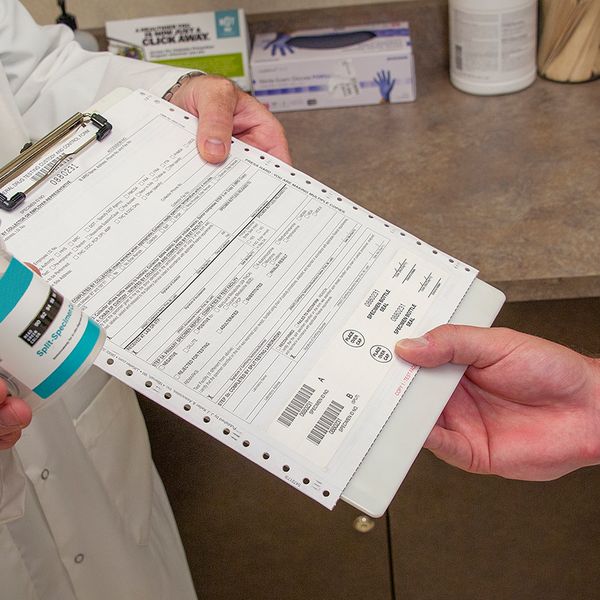Electronic documents more widely accepted at roadside
New guidance for enforcement officers may make it easier for truck and bus drivers to carry electronic documents in place of paper.
Though federal regulations allow drivers and motor carriers to present most FMCSA-required documents on a computer, phone, or tablet, not everyone is on board with that.
“Some industry stakeholders ... are hesitant to rely on electronic documents during roadside inspections,” according to a new bulletin from the Commercial Vehicle Safety Alliance (CVSA), which represents DOT enforcement agencies.
To help solve that problem, CVSA has issued guidance to ensure officers, drivers, motor carriers, and others are aware that electronic documents are acceptable during roadside inspections and audits.
eDocs must meet standards
Almost any document required under the Federal Motor Carrier Safety Regulations (49 CFR Parts 300-399) may be kept electronically, according to §390.32.
As with paper, electronic records must:
- Be legible;
- Contain all required information, including signatures;
- Be accessible upon demand to anyone entitled to inspect them; and
- Remain legible and complete when printed onto paper.
Caution: If a document starts out on paper, you can scan it in and store it electronically (and even discard the original). You cannot, however, convert a paper document into an electronic one by typing the information into an electronic form. By doing so, you are creating a new document, not creating an electronic copy.
Examples
According to CVSA, examples of documents that may be presented electronically during a roadside inspection include:
- Hours-of-service records (logs and supporting documents)
- Medical cards/certificates
- Skill Performance Evaluation certificates (for drivers with missing or impaired limbs)
- Delivery receipts, shipping papers, or bills of lading (for non-hazardous materials/non-dangerous goods)
- Daily vehicle inspection reports
- Periodic/annual inspection reports
- Lease agreements
The following details are important to note:
- The above list does NOT include driver’s licenses. Drivers must continue to carry their physical driver’s license at all times.
- An electronic document must be complete before anyone signs it. That is, drivers may not sign incomplete documents.
- In Canada, carriers can use electronic dangerous-goods shipping documents if an equivalency certificate is obtained from Transport Canada.
What about other documents?
Other documents may be accepted in an electronic format, but it can depend on state, local, provincial, or territorial laws and regulations. Check with the appropriate jurisdiction(s) before carrying the following documents electronically:
- Registration receipts (cab cards)
- International Fuel Tax Agreement (IFTA) documents
- International Registration Plan (IRP) receipts
- Insurance documents
- Over-dimensional permits
- Daily vehicle inspection schedule (Canada only)
- Other required jurisdictional permits
Key to remember: New guidance aims to make electronic documents more acceptable during roadside inspections and audits. Certain documents must still be retained on paper, however.

















































